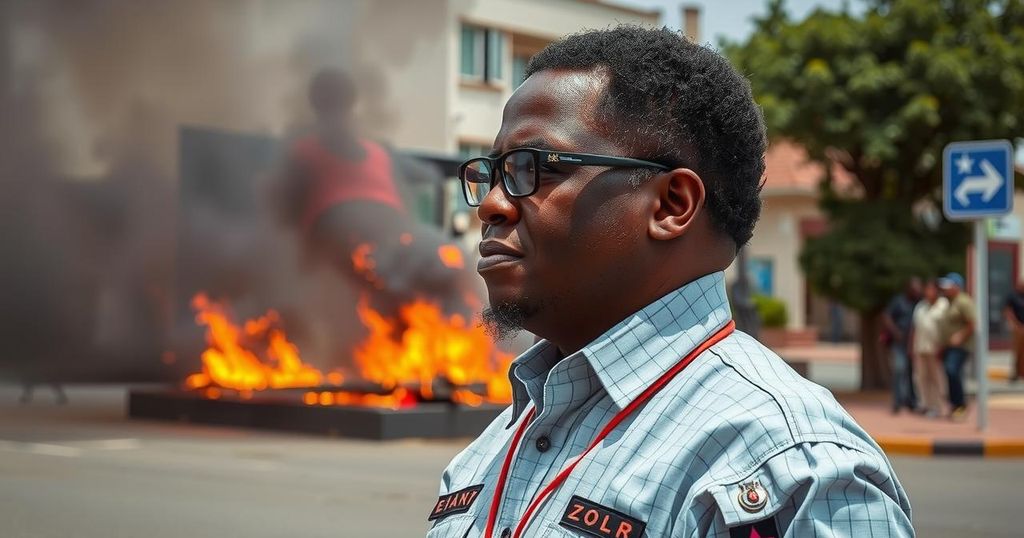Mozambique Court Upholds Governing Party’s Election Win Amid Renewed Protests

Mozambique’s highest court validated the governing party’s election victory, stating election irregularities did not significantly impact results, confirming Chapo’s win at 65.17%. This decision incited further protests in Maputo, where opposition leader Mondlane vowed to mobilize support against the ruling. More than 100 individuals have reportedly died amidst the unrest following the election results.
On Monday, Mozambique’s highest court, the Constitutional Council, affirmed the ruling party’s victory in the October presidential elections amid ongoing unrest. The council noted that while there were irregularities reported, these did not significantly affect the outcome of the election, confirming that Daniel Chapo of the Frelimo party secured 65.17% of the vote, compared to 24.29% for opposition leader Venâncio Mondlane. This was a revision from initial results that had indicated a 70% win for Chapo. Following this announcement, protests erupted again in Maputo, with Mondlane’s supporters expressing their outrage by burning tires and obstructing roads.
The context of this judicial decision arises from a tumultuous political environment in Mozambique where opposition parties have accused the ruling Frelimo party of electoral malpractice. Protests ignited following the elections due to widespread allegations of vote-rigging and suppression of dissent. With over 100 fatalities reported during these protests, the political climate remains volatile, compounded by opposition calls for a potential nationwide shutdown in response to the court’s ruling. Understanding this complex backdrop is crucial to grasp the implications of the court’s decision on Mozambique’s political stability.
The Constitutional Council’s ruling reinforces the governing party’s hold on power, amidst a backdrop of severe civil unrest and opposition claims of electoral fraud. The affirmation of Chapo’s presidency signifies a contentious chapter in Mozambique’s political history, as public discontent continues to manifest in protests. With heightened tensions and calls for action from opposition leaders, the situation demands close monitoring to foresee potential escalations in unrest and government response.
Original Source: abcnews.go.com







